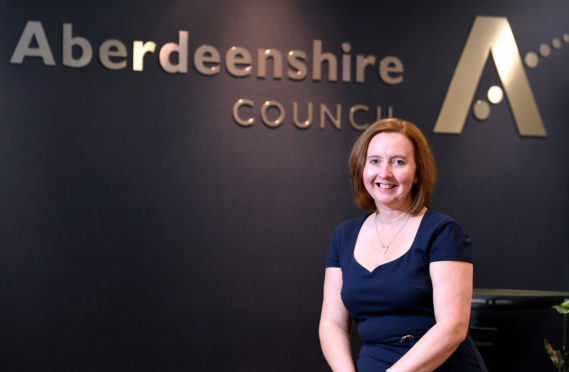Hundreds of children in care across Aberdeenshire could soon benefit from a new scheme designed to help them succeed both academically and in life.
Aberdeenshire Council is now seeking to recruit a “virtual head teacher”, a post that will be responsible for improving the lives looked-after youngsters all across the region.
Leigh Jolly, the authority’s interim head of children’s services, said she hopes to fill the new position by the start of the new school term.
The new “virtual head” will engage with schools throughout Aberdeenshire, and ensure the region’s around 400 youngsters in care have the same opportunities to succeed in their education as other children.
Ms Jolly said: “Our young people who come into care have most likely experienced adverse childhood experiences, where they may have been exposed to domestic abuse, parental neglect, substance misuse, assaults, violence – there are a number of different reasons young people come into care.
“They’re more likely to be unemployed, they’re more likely to have mental health problems, and they’re more likely to end up in prison, all because of the experiences they have had that led to them coming into care.
“And when you live with those sorts of experiences, it really impacts your whole life, including your ability to engage in education.
“What we want to do in Aberdeenshire is closely track those young people, and have individual bespoke packages to help them achieve all that they can in their education.”
As well as helping them to succeed academically, Ms Jolly said the new virtual head teacher post will help to boost the self-confidence of children in care.
Among the tailored services on offer will be art therapy sessions, music therapy, and even one-on-one time with therapy pets, all to aid them in improving their self-esteem and wellbeing.
Ms Jolly added: “We’re looking for someone that’s enthusiastic, that really likes children, and isn’t afraid to push at boundaries and challenge us as a local authority to do things better, and do things differently.
“Our young people experience a huge amount of stigma in care.
“There is a myth that those in our children’s homes are bad kids, but they’re not – they’re children like yours and mine, but they’ve just had different experiences.”
